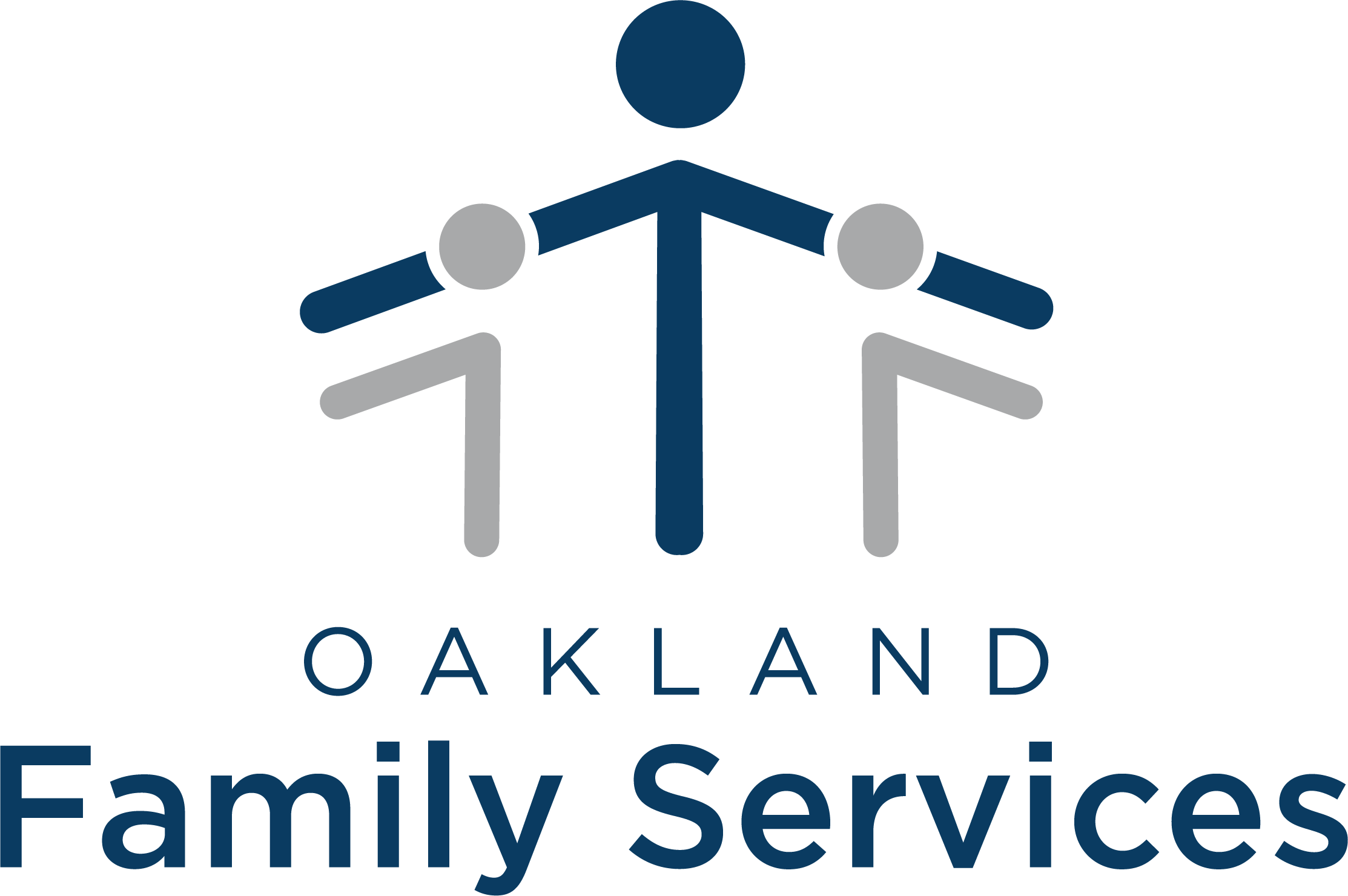Insights from OFS Treatment Staff on Teen Mental Wellness Day
Do you remember what it felt like to be a teenager? During those years of intense brain development, some things may have felt like the end of the world – acne, voice cracks, test scores, arguments, breakups…
While navigating some of the most formative years of their lives, today’s teenagers are enduring unprecedented times. School shootings are at an all-time high. Political polarization continues to drive intense conflicts. Climate change is causing extreme natural disasters. And media exposure is unavoidable.
Young people are struggling more than ever. In a recent study by the CDC, more than 40% of teenagers reported experiencing persistent feelings of sadness or hopelessness. Additionally, more than 20% of teenagers said they had seriously considered suicide. These percentages have climbed year after year.
On March 2, World Teen Mental Wellness Day is observed across the globe to raise awareness and encourage communication about the youth mental health crisis. In participation of the movement, members of the Oakland Family Services treatment team offer insights related to teenage mental wellness.
Understanding Teen Mental Health Challenges
“I see a lot of teenagers coming in with anxiety and depression,” says Caroline Coburn, Intake Clinician.
Anxiety disorders are the most common mental health conditions to affect teenagers. However, depression often follows anxiety.
Youth Peer Support Specialist, Kate Gilleylen, shares an example of this: “Many teens face anxiety while in school with racing thoughts and a constant need to be ‘perfect.’ In return, depression can wash over them, creating a dark mindset and the desire to isolate.”
According to Caroline and Kate, these are some of the signs a teenager may show when they are struggling:
Self-isolation
Withdrawing from activities they once enjoyed
Changes in sleep patterns and/or appetite
Excessive worrying
Frequent irritability
Struggling with concentration
Unexplained physical symptoms, such as restlessness, nausea, or body aches
Fostering Open Communication
Sharing honest feelings can be difficult for teens in general, but for an individual who is experiencing anxiety, simply the thought of opening up may be uncomfortable. It is important to create a safe space for teenagers to vent without fear of being judged.
“Mental health support is becoming less stigmatized, but there is more work to be done,” Caroline shares. “We need to be careful with the words we choose and avoid using certain diagnoses as insults.”
This article from the Mental Health Foundation explains why the language we use to describe mental health matters and provides examples of stigmatizing terminology.
Of course, parents and educators play a big role in encouraging communication regarding mental health.
Kate urges, “Eat dinner with your teenager. Check in on them and ask how they are doing. Listen to them when they say they are not okay.”
For teenagers who don’t have the support of a parent or guardian, a trusted teacher may be crucial.
“School systems need to implement speaking about mental health. If a teacher brings it up to their class, students may feel comfortable talking to them openly.”
Providing Support
Aside from regularly communicating with teenagers and listening to their concerns, there are numerous ways to offer them support.
“Parents and educators should encourage teenagers to engage in more face-to-face interactions by helping them find activities that interest them out in the community,” shares Caroline.
Art and music are two things many teens use to decompress.
There are also several grounding techniques you can share with a teenager who may be experiencing a panic attack or period of intense emotions:
Jump in a cold shower or place an ice cube on the back of the neck
Eat something with a strong flavor, such as sour candy or hot sauce
Repeat a mantra, such as “this feeling is uncomfortable, but it will pass”
The 4-7-8 breathing method: breathe in for four seconds, hold the breath for seven seconds, and slowly exhale for eight seconds
The 5-4-3-2-1 senses technique: look at and identify five different objects, listen for four distinct sounds, touch three different textures, identify two different smells, and name one thing you can taste
Methods like these are often taught in therapy, which is one of the most powerful resources for teenagers facing mental health challenges. A therapist can help people identify root causes of feelings, achieve a shift in mindset, adjust behaviors, work toward goals, or simply manage day-to-day life. A therapists can make medication recommendations to alleviate symptoms. All in all, a therapist can be a caring, trusted, and reliable source of support.
Kate believes everyone should be able to experience therapy. “It can be so beneficial, especially if you go in with the right mindset. Teens don’t generally like to talk about their feelings, but having that extra support can help them in many ways.”
Oakland Family Services’ Day One program offers confidential, research-based therapy for anxiety, depression, family trauma, substance use disorder, and more. Additionally, Specialized Services for Youth (SSY) provides counseling and wraparound services for ages 6-21 with severe emotional disturbance.

